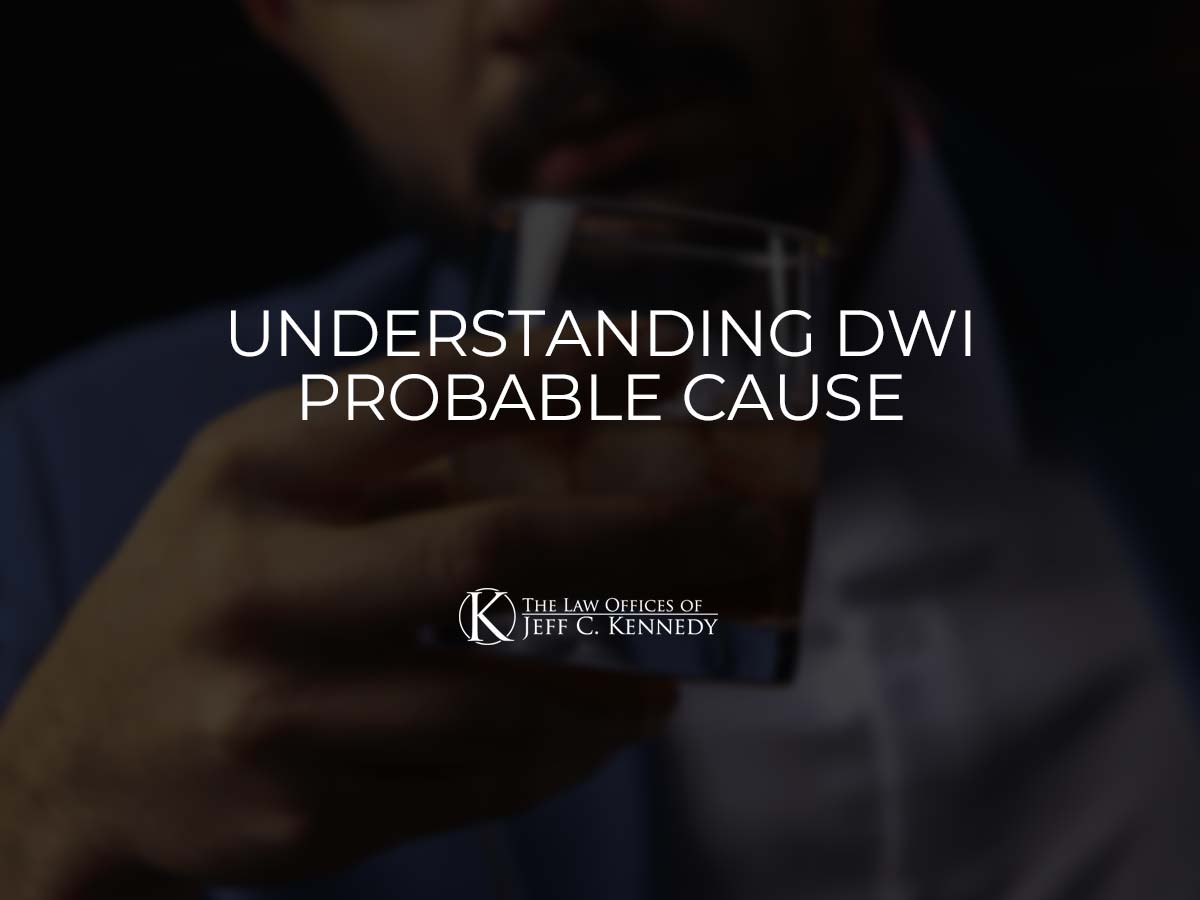
In Texas and the rest of the US, the constitution provides certain rights and protections. In the context of arrests and law enforcement, one the most important of these rights emanates from the fourth amendment.
In essence, the fourth amendment provides citizens with the right to be free from unreasonable search and seizure. This means an arresting officer can’t arrest or detain you without having a valid reason to do so.
In law enforcement, this valid reason is referred to as probable cause. Probable cause is essential to the successful prosecution of any crime, given that any arrest made or evidence collected, in the absence of probable cause, is inadmissible.
Read on to learn more about the impact of probable cause for DWI cases and how a Fort Worth DWI lawyer can help if you’ve been charged.
How Does Probable Cause Work with DWI Cases?
In Texas and other jurisdictions, a police officer is required to have probable cause in order to place you under arrest, search your vehicle, or administer a Blood Alcohol Content (BAC) test.
Without clear probable cause to do any of the above, it’s unlikely any DWI charges or other charges you could face would hold up in a court of law. Even if you are actually guilty of committing the offenses the officer alleges, any evidence stemming from the illegal stop or search could be thrown out.
Because of this, probable cause is a crucial element not only in DWI arrests, but in all criminal cases. In the context of DWI, there are specific circumstances that might allow an officer to claim probable cause for arresting or detention. Some examples include:
- Breaking traffic laws
- Speeding
- Drunk driving assault
- Driving over the median or weaving between lanes
- Running a red light or a stop sign
- Driving on the wrong side of the road
- The smell of alcohol on a driver’s breath
- Slurred speech
- Staggering during a field sobriety test
- Alcohol or other related paraphernalia in plain sight
Can Officers Get a Warrant During a Traffic Stop?
Officers do not always have to get a warrant in order to make an arrest or to perform a search of your personal vehicle.
This is because exigent circumstances may require a police officer to take action even if they cannot afford the luxury of securing a warrant first. However, in these situations, an officer must be able to demonstrate probable cause.
There is one major exception to what an officer can compel you to do without a warrant in the context of a DWI stop, and that is to submit to chemical testing. If an officer asks you to provide an oral or blood test in order to prove your Blood Alcohol Content, you have the right to refuse up until the point that an officer can produce a warrant. Most of the time, an officer will be unable to secure a written warrant on site.
However, Texas’s no refusal weekends, in which a judge is on standby at all times to sign off on warrants for searches and arrests, is one huge exception. Once a warrant is issued, your right to refuse chemical testing is no more—and refusing can lead to even greater consequences.
Contact a DWI Lawyer in Texas
Without probable cause, your DWI arrest may have been illegal. Contact a DWI attorney with The Law Offices of Jeff C. Kennedy to learn more about your rights and to defend yourself from the charges.
Call 817-605-1010 or fill out the form below to request a confidential consultation.
 By
By